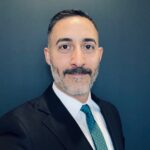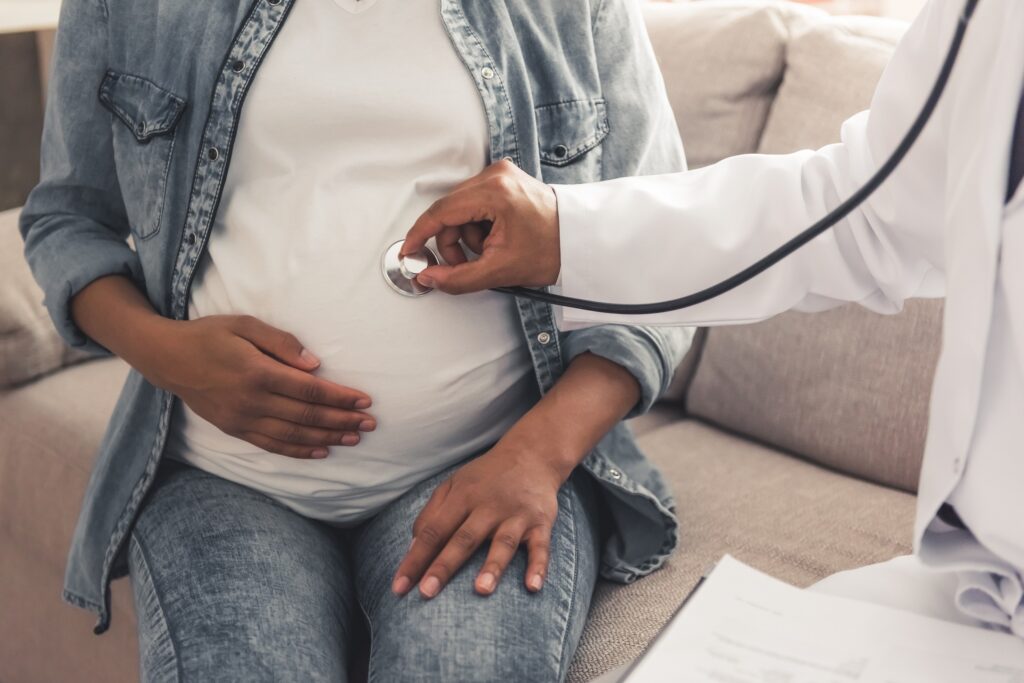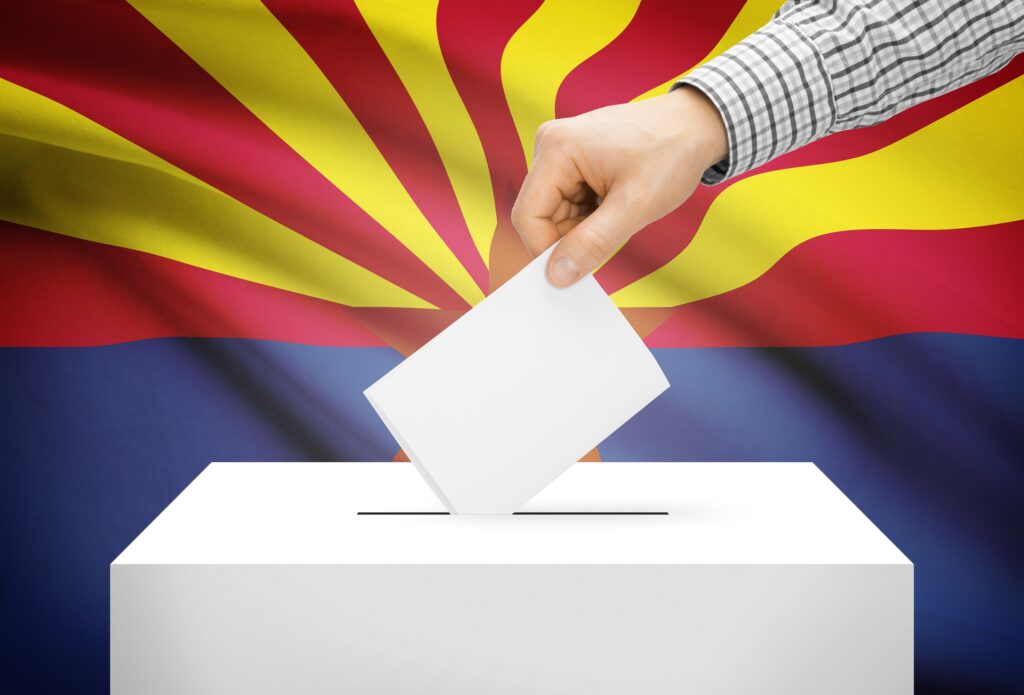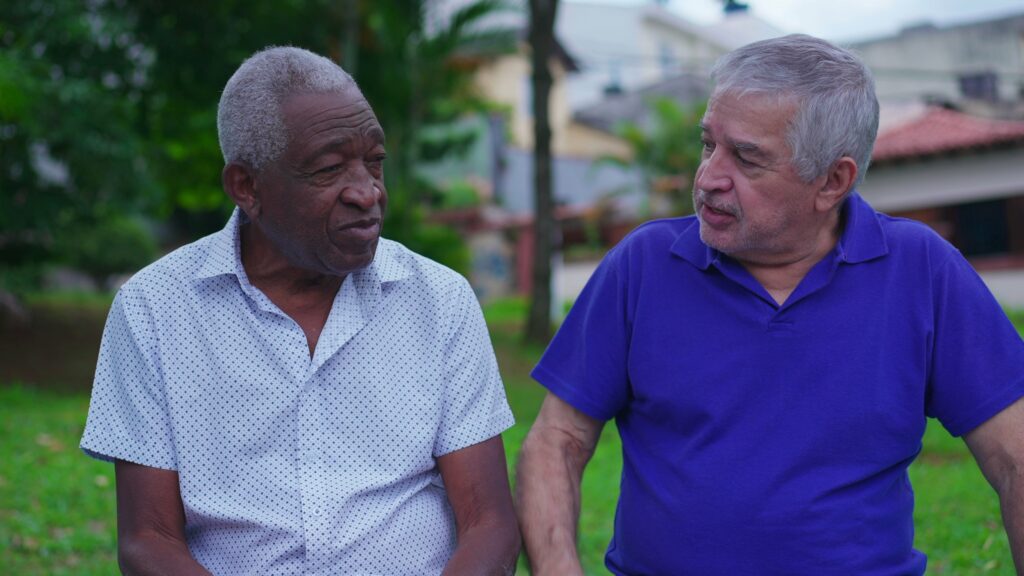Overdose Prevention Centers and the Federal “Crack House Statute”
Authors
Key Points
Media Contact
For general media inquiries and to book our experts, please contact pr@rstreet.org.
Background
With opioid overdose deaths reaching new highs, the conversation about expanding harm reduction programs is more urgent than ever. In response, cities across the country have indicated support for opening overdose prevention centers (OPCs). OPCs, also known as supervised consumption facilities, are places where people who use drugs (PWUD) can consume drugs they acquire elsewhere under medical supervision, though facilities and employees do not provide or handle the drugs that clients use while at the facility. In addition to administering naloxone in the event of an overdose, many OPCs provide wrap-around services such as health education, sterile supplies for using drugs, primary medical care, treatment and social services referrals.
The first OPC opened in Switzerland in 1986, and there are now more than 120 OPCs in 10 countries. In the United States, the first “above ground” OPC opened in November of 2021 in New York City. Other cities in the process of opening OPCs include Philadelphia and San Francisco. Rhode Island has also authorized a two-year pilot program to create “harm reduction centers” where people can consume drugs under medical supervision.
OPCs have historically been politically unpopular in the United States due, in part, to the zero-tolerance mentality promulgated by the “War on Drugs.” However, as public perception on the War on Drugs shifted, the primary impediment to opening OPCs has been federal statute 21 USC § 856 of the Controlled Substances Act, colloquially known as the “crack house statute.” This statute makes it illegal for individuals or organizations to maintain or open any place for the purpose of using any controlled substance. As such, OPCs potentially run afoul of federal law.
Current Debate
Proponents of OPCs cite their multiple benefits to PWUD and communities. For one, there are no documented reports of a person experiencing a fatal overdose inside an OPC. Evidence also suggests that the presence of an OPC decreases the overdose rate in the area immediately surrounding the OPC and in the city overall. Additionally, use of OPCs is associated with reduced syringe sharing and reuse, less outdoor injecting, safer syringe disposal and other safer injecting behaviors. Furthermore, more frequent use of OPCs is associated with increased likelihood of entering treatment and cessation of injecting.
At the community level, OPC advocates note that there were significant decreases in public injecting and improperly disposed injecting supplies after the OPC in Vancouver, Canada opened. In response to the concern that OPCs may increase crime, OPC advocates cite studies showing that crime does not increase in cities that open OPCs. For example, in the neighborhood where Vancouver’s OPC is located, there was a sustained decrease in crime shortly after the OPC opened.
Opponents of OPCs cite evidence showing that opening OPCs has neutral effects on health outcomes and community safety. Another argument often used against OPCs is that they amount to tacit approval of drug use.
Furthermore, because the drugs people use at OPCs are illegal, opponents argue that people should not be using them in the first place. Also, since OPCs prevent law enforcement officers from arresting people for possession or use of illegal drugs within a specified radius around the OPC, opponents argue that opening an OPC amounts to de facto decriminalization. Similarly, opponents worry that the presence of OPCs will normalize and increase drug use. Another point opponents make is that scarce funding should be directed toward recovery services, rather than OPCs.
Moreover, opponents argue that the illegality of OPCs is clearly established by the crack house statute. However, the debate regarding the crack house statute is still unsettled, as there are questions around the interpretation of it. There is some evidence that the intention of the statute was not to prevent OPCs; however, there is uncertainty about how courts will interpret it. The courts could clarify the legal status of OPCs based on a pending case involving Safehouse, the OPC seeking authority to open in Philadelphia, Pennsylvania.
Action Items
Thus, despite the evidence supporting the public health benefits associated with OPCs, as long as the crack house statute is in effect, states and localities that open OPCs will operate them in a legal grey area. As such, to promote harm reduction and improve public health, the federal government should consider repealing or amending the crack house statute.
To ensure this is done in a way that addresses the concerns of multiple stakeholders, the federal government should convene a taskforce to explore the best way to repeal or amend the crack house statute. This taskforce should engage a cross-section of representatives, including advocates for PWUD and professionals from the public health, medical, legal and public safety sectors. This taskforce should also take into consideration the recommendations and findings from the National Institutes of Health’s report on OPCs, which was requested by the House Committee on Appropriations in 2021.
In the meantime, the federal government should not stand in the way of communities that choose to operate, or states willing to fund, these life-saving programs.
Contact Us
For more information on this subject, contact the R Street Institute, 1212 New York Ave. NW, Washington, D.C. 20005, 202-525-5717.
Chelsea Boyd, M.S.
Fellow, Integrated Harm Reduction
cboyd@rstreet.org
202-900-9737
Mazen Saleh, MSc
Director, Integrated Harm Reduction
msaleh@rstreet.org
202-253-1450











